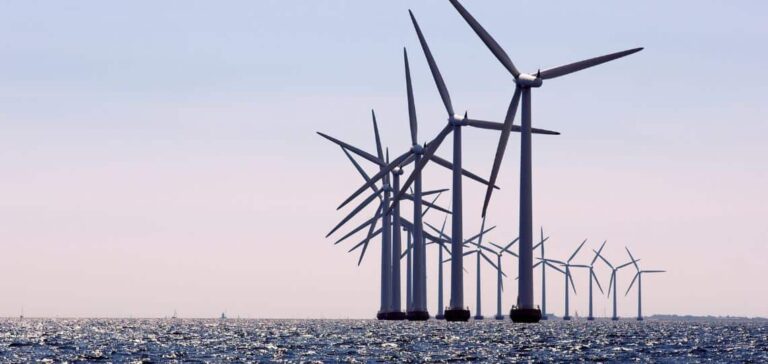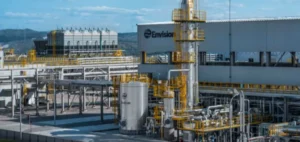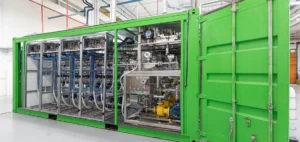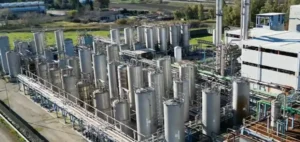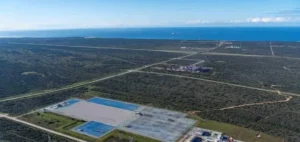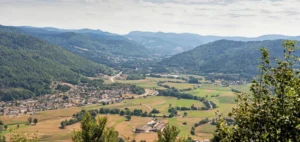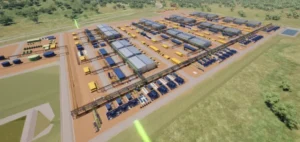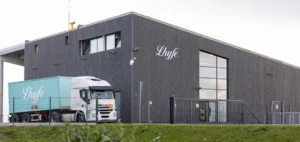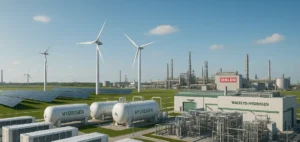A European hydrogen pipeline network is about to be created. A DNV consultancy study commissioned by German pipeline operator Gascade indicates that investments of €15-22 billion could buy a new hydrogen pipeline network 4,200 kilometers linking six European countries, namely Germany, Belgium, Great Britain, Denmark, Norway and the Netherlands. This network could transport up to 300 terawatt-hours (TWh) per year ofclean hydrogen produced from offshore wind energy in the North Sea, meeting 15% of the synthetic fuel demand that theEuropean Union is forecasting for the year 2050.
A European hydrogen pipeline network to fight against greenhouse gases
Germany and the European Union are working to produce, import and market hydrogen from wind and solar power to eliminate greenhouse gases. Future energy production must be redirected to renewable energies. To meet these challenges, the four signatories of the so-called Esbjerg Declaration (Germany, Belgium, the Netherlands and Denmark) committed last year to building at least 150 gigawatts of offshore wind power in the North Sea by 2050. The European Union had 15 GW of offshore wind capacity in 2021.
Gascade’s managing director Ulrich Benterbusch emphasizes that “we think it’s important to look now to be able to get to a European offshore hydrogen network in time”. The signatories of the Esbjerg Declaration will meet again in Belgium next April to continue the discussions.
Two options are being considered for this new European hydrogen pipeline network
DNV consultancy asked the question whether offshore wind energy should be converted on site into hydrogen via electrolysis plants, or whether the electricity should be sent to onshore electrolysis facilities. According to the study, the coastal option is the most cost-effective for wind energy generated within 100 kilometers of land. However, on-site hydrogen production at sea would save on expensive new power cables with much lower energy capacity than pipelines, and would beat the costs of marine hydrogen imports from abroad.
Hydrogen costs down
North Sea hydrogen costs could be 4.59 euros per kg in 2030, falling to 3.24 euros/kg in 2050, according to the study’s authors. These costs should therefore gradually decrease, making the use of hydrogen more and more accessible.

